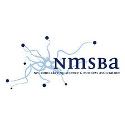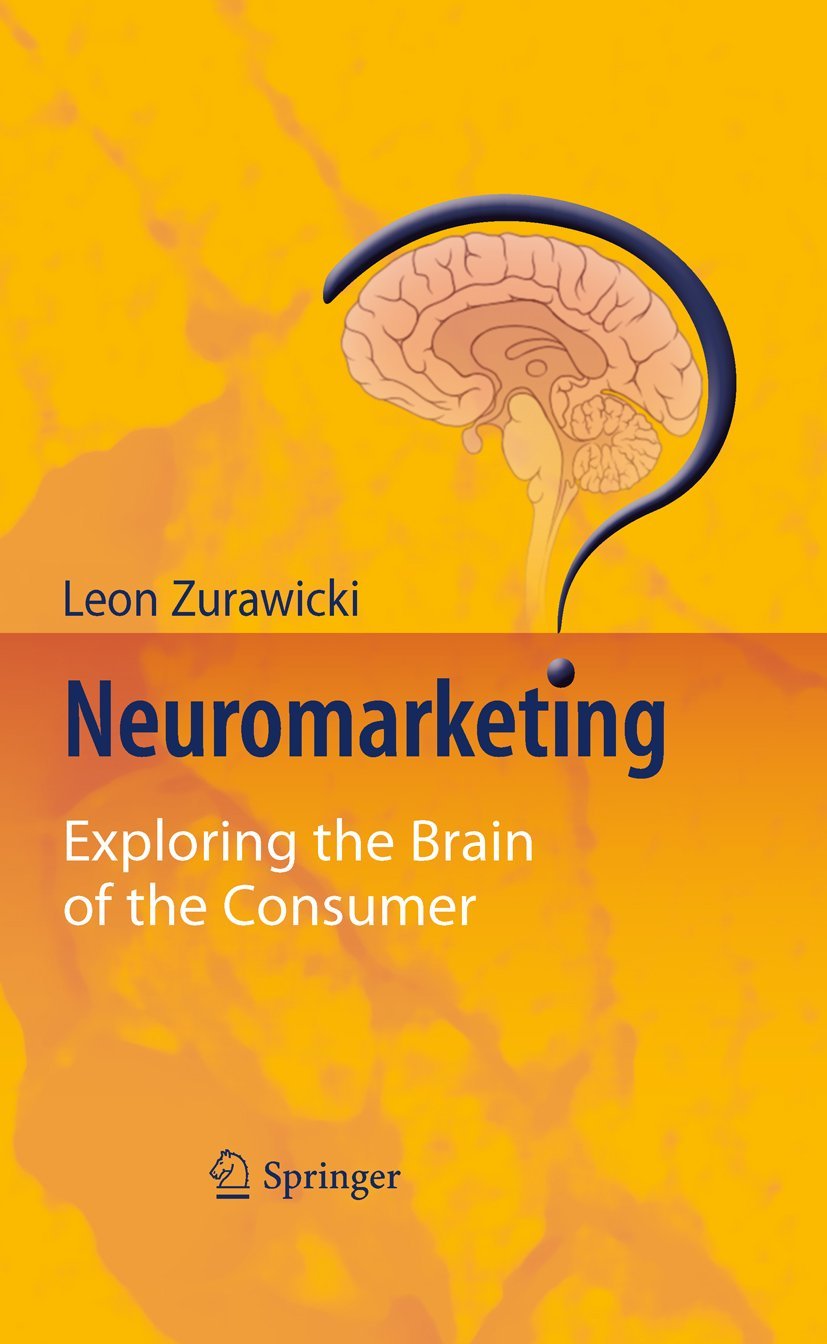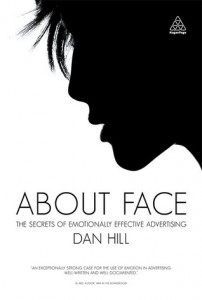How Does Writing Affect Your Brain?
It is fascinating the way our brains are hardwired to interpret the written words. The infographic below presents some insights about the connection between writing and the brain.
Scientists have done studies on how we understand reading and writing, and they have found out about why stories help us remember information better than lists of facts and how our brains react to descriptive passages. They have even discovered the scientific why clichés are so boring and should be avoided in writing. It turns out that our brains become de-sensitized to metaphors and sensory language that are used too often and these phrases no longer produce the same reaction in the brain.
According to this infographic, writing can serve as a calming, meditative tool. Stream of conscious writing exercises, in particular, have been identified as helpful stress coping methods. Keeping a journal or trying out free-writing exercises, can drastically reduce your levels of stress.It should also be noted that writing can hold a powerful influence over its readers. The infographic informs us that storytellers have the power to “plant emotions, thoughts, and ideas into the brain of the listener”.
One of the most interesting results shared below is from a Princeton University study which concluded that the brain of a person telling a story and the brain a person listening to it can synchronise (more info here). The paper describes the link between a storyteller and their audience as a ‘speaker–listener neural coupling’, which can be clearly seen in the image below.
Scientists have done studies on how we understand reading and writing, and they have found out about why stories help us remember information better than lists of facts and how our brains react to descriptive passages. They have even discovered the scientific why clichés are so boring and should be avoided in writing. It turns out that our brains become de-sensitized to metaphors and sensory language that are used too often and these phrases no longer produce the same reaction in the brain.
According to this infographic, writing can serve as a calming, meditative tool. Stream of conscious writing exercises, in particular, have been identified as helpful stress coping methods. Keeping a journal or trying out free-writing exercises, can drastically reduce your levels of stress.It should also be noted that writing can hold a powerful influence over its readers. The infographic informs us that storytellers have the power to “plant emotions, thoughts, and ideas into the brain of the listener”.
One of the most interesting results shared below is from a Princeton University study which concluded that the brain of a person telling a story and the brain a person listening to it can synchronise (more info here). The paper describes the link between a storyteller and their audience as a ‘speaker–listener neural coupling’, which can be clearly seen in the image below.
So how Does Writing Affect Your Brain?
- The part of the brain that is associated with speaking and writing is the frontal lobe. This area is also responsible for movement, reasoning, judgement, planning and problem solving.
- The parietal lobe is also important in writing. This part of the brain interprets words and language. Patients with damage to this part of their bran often have trouble spelling and writing by hand.
Why Does Writing things down Help Us Remember it Better?
- When you are writing something down with a pen and paper, you are stimulating a collection of cells in the base of your brain known as the reticular activating system. The RAS is the filter for all of the information your brain needs to process and it gives more attention to what you are currently focusing on.
- In other words, the physical act of writing brings the information to the forefront and triggers your brain to pay close attention.
Why is Telling a Story so Much More Memorable than the Bare Facts?
- When you listen to a PowerPoint presentation about a topic in bullet point form, there are two parts of the brain which are activated; the Brocas’s Area and the Wernicke’s area. These are simply the language processing areas of the brain where words are turned into meaning, but nothing else.
- However, when we are being told a story not only are these language centres in the brain activated but also the areas of the brain associated with experiencing the story’s events come to life too.
- For example, if the story includes an action such as kicking or running, the motor cortex of our brains will light up. If the story has details such as mentioning someone’s “hands like leather” our sensory response will light up. The brain reacts as if you were experiencing the story first hand.
- But there’s more. Scientists have also found that telling a story can plant emotions, thoughts and ideas in to the brain of the listener. In studies at Princeton University, the brain activity of a woman telling a story and her listeners was monitored and as she told her story, her listener’s brain activity went into sync with hers.
- This means that writers have the ultimate power to influence others. With a powerful and evocative story you can activate your reader’s brains and make them feel like they are experiencing it first-hand, influencing the emotions you want them to feel.
Why You Should Avoid Clichés in Your Writing
- Researchers in Spain did a study on how the brain reacted to several different types of words. They found that common figures of speech such as “a rough day” have become so familiar to our brains that they are interpreted as words but no more.
- These clichés might have evoked a sensory response in the brain when they were first used, but since the reader has seen them so many times before they no longer have the same effect.
- This is why good writing avoids clichés whenever possible, in favour of new and creative ways to evoke the reader’s senses.
Other Interesting Facts about Reading and Writing and the Brain
- When they are trying out a new pen for the first time, 97% of people will write their own name.
- Reading is a much better way to improve your vocabulary (and therefore your writing) than watching television. Books contain 50% more rare words than prime time television.
- A large scale study of literacy rates in UK teenagers found that they could not read well enough to understand their GCSE exam papers. The data suggests that teenagers have an average reading age of 10 or 11.
- Copywriting can have similar effects on the mind as meditation. Your breathing slows down and you get into a “zone” where words flow freely from your head. This can make stream of consciousness writing a very effective method for de-stressing.






















